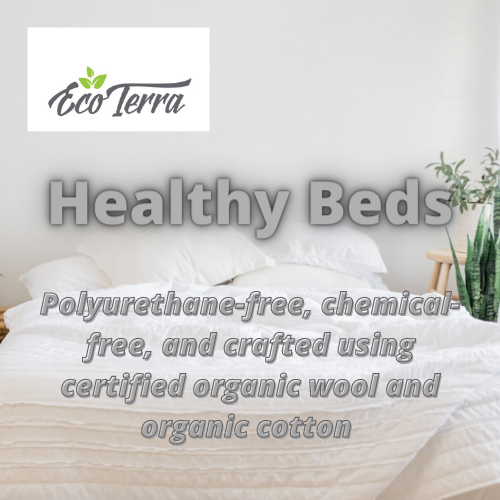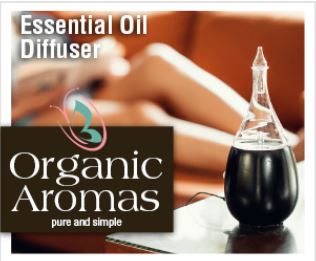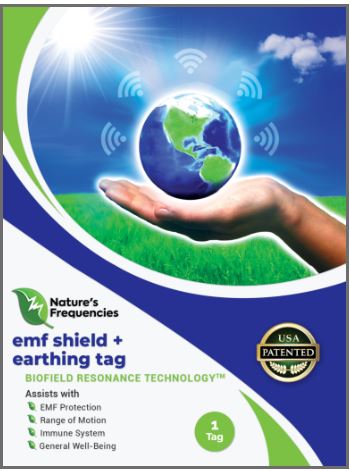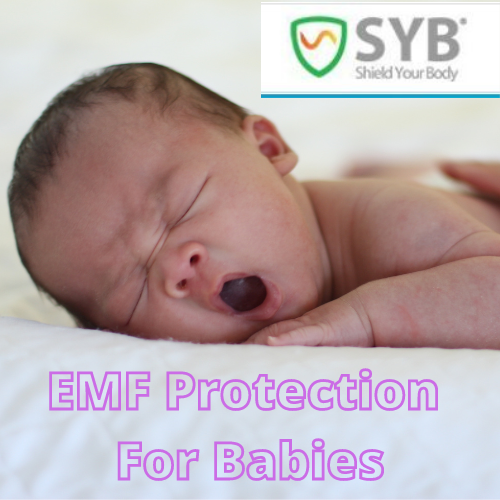Part 2 of 2
Curb Hair Loss in Women with Natural Treatments
While young men have grieved over their thinning hair and baldness, many resorting to the fashionable shaved head, young women see their own hair loss as abnormal and totally unappealing. Dermatologists will say that after age 50, women’s hair naturally thins, but that fact does not make thinning or hair loss in women any easier to accept.
Causes of Hair Loss in Women at Any Age
Possibly hair loss in women is indicative of an underlying problem which was discussed in Part 1. If excessive shedding continues for more than a month or if you are pregnant, breastfeeding or have any ongoing medical issues, you should get an evaluation from your health care provider. Post-pregnancy can be a big factor for hair loss in women. The stress of childbirth, the life changes, the change in diet, and lack of sleep all work to shed hair. In most cases, time is a healer. Hair will regrow.
Conventional Therapies for Hair Loss in Women
 Recognize that an allopathic practitioner may recommend to women with hair loss, popular pharmaceuticals, topically applied to the scalp or internally taken, where you may experience hair regrowth or a decreased rate of hair loss. You will have to decide if that is worth taking since the growth only continues as long as you continue taking it and these medications have highly concerning side effects.
Recognize that an allopathic practitioner may recommend to women with hair loss, popular pharmaceuticals, topically applied to the scalp or internally taken, where you may experience hair regrowth or a decreased rate of hair loss. You will have to decide if that is worth taking since the growth only continues as long as you continue taking it and these medications have highly concerning side effects.
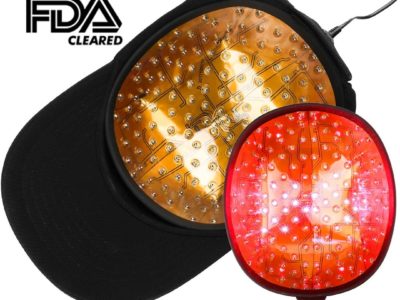 Popular laser devices have virtually no side effects and many women report hair regrowth, still many allopathic physicians are on the fence about the efficacy and compliance of this treatment. You also should consider that the costs are higher than prescriptions, which may be covered by insurance.
Popular laser devices have virtually no side effects and many women report hair regrowth, still many allopathic physicians are on the fence about the efficacy and compliance of this treatment. You also should consider that the costs are higher than prescriptions, which may be covered by insurance.
That’s Not to Say that Natural Treatments are a Panacea for Hair Loss in Women
While natural treatments can be effective, certain products may interfere with existing medications or may cause allergic reactions. When seeking to try anything new, it’s best to seek professional guidance. The right practitioner may be all natural, integrative, or conventional. Whether or not insurance will cover it may be a factor for you, but when it comes to alternative therapies for hair loss in women (or anything else), arm yourself with the facts to make an intelligent decision for yourself.
10 Natural Things Women with Hair Loss Can Do:
- 1. Assess Your Medications for Hair Loss Side Effects
In Part 1 I gave a lengthy list of medications that are linked to hair loss in women. You may speak to your doctor about lowering the dosage or finding a different drug without the side effect of hair loss.
- 2. Check for Thyroid and Hormone Imbalances
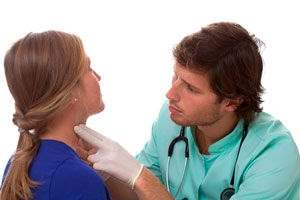 There are many symptoms of an underactive thyroid. Hair loss in women from the scalp and eyebrows is a common symptom. Your healthcare provider can order a blood test to check levels of T3, T4 and TSH (thyroid stimulating hormone).
There are many symptoms of an underactive thyroid. Hair loss in women from the scalp and eyebrows is a common symptom. Your healthcare provider can order a blood test to check levels of T3, T4 and TSH (thyroid stimulating hormone).
If hypothyroid is diagnosed, ask about a natural thyroid medication such as Armour Thyroid, a brand name for desiccated thyroid extract (derived from pig thyroid). Compare the pros and cons if this natural hormone and the synthetic Synthroid. It should be noted that hypothyroidism associated with thyroid surgery, cancer or pregnancy would require a different treatment plan.
- 3. Stress management is Valuable to Restore Hair Loss in Women
 For hair regrowth, learning how to manage stress should not be minimized. Negative situations trigger the release of cortisol, which in turn causes the production of DHT, a hormone that causes baldness. Stress management through natural means such as regular exercise, meditation, yoga, massages, journaling, or walks in nature can help on so many levels. You can practice relaxation techniques such as slow deep breathing, listening to calming music and picturing yourself in a peaceful place. Stop watching the news and see how much better you feel.
For hair regrowth, learning how to manage stress should not be minimized. Negative situations trigger the release of cortisol, which in turn causes the production of DHT, a hormone that causes baldness. Stress management through natural means such as regular exercise, meditation, yoga, massages, journaling, or walks in nature can help on so many levels. You can practice relaxation techniques such as slow deep breathing, listening to calming music and picturing yourself in a peaceful place. Stop watching the news and see how much better you feel.
- 4. Recognize that Hair Loss in Women Can Happen When Dieting – Eat Healthfully
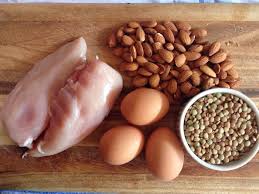 When you’re on a diet that is restricted in calories and nutrients, your hair growth is given low priority as a necessary function. Nutrients are rather needed for autonomic functions and other working systems. To prevent female hair loss when losing weight, it’s important to eat foods that are rich in protein, iron, Vitamins A and C, and zinc which are essential components for hair growth. Incorporate meats, eggs, whole grains, fruits and vegetables into your diet. If vegan, protein can be found in tofu, seitan, beans, nuts, sprouted grains, and vegetables. You can also take supplements that include A, C, D, E and all the B vitamins as well as calcium, phosphorus, magnesium, manganese and zinc. It should be noted that hair that is weakened because of malnutrition from a low-calorie diet may not fall out for another three to seven months after the diet.
When you’re on a diet that is restricted in calories and nutrients, your hair growth is given low priority as a necessary function. Nutrients are rather needed for autonomic functions and other working systems. To prevent female hair loss when losing weight, it’s important to eat foods that are rich in protein, iron, Vitamins A and C, and zinc which are essential components for hair growth. Incorporate meats, eggs, whole grains, fruits and vegetables into your diet. If vegan, protein can be found in tofu, seitan, beans, nuts, sprouted grains, and vegetables. You can also take supplements that include A, C, D, E and all the B vitamins as well as calcium, phosphorus, magnesium, manganese and zinc. It should be noted that hair that is weakened because of malnutrition from a low-calorie diet may not fall out for another three to seven months after the diet.
- 5. Watch Out for Toxins in Your Everyday Hair Products
 Hair loss in women and thinning can occur when you use chemical-containing hair products. These toxic chemicals are in straighteners, perms, hair dyes, styling products, hairsprays, and shampoos and conditioners. Look on labels for Sodium Lauryl Sulfate (SLS), Parabens, Polyethylene Glycol and Fragrance which have a toxic effect on your immune system and have been shown to corrode hair follicles and impede hair growth.
Hair loss in women and thinning can occur when you use chemical-containing hair products. These toxic chemicals are in straighteners, perms, hair dyes, styling products, hairsprays, and shampoos and conditioners. Look on labels for Sodium Lauryl Sulfate (SLS), Parabens, Polyethylene Glycol and Fragrance which have a toxic effect on your immune system and have been shown to corrode hair follicles and impede hair growth.
- 6.Women Who Experience Hair Loss Need to Increase Circulation to the Scalp
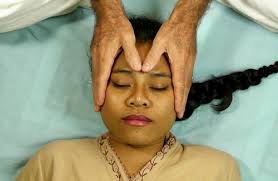 Scalp massages are great for effective hair regrowth. Once a week, warm a few tablespoons of either olive oil, castor oil, sesame oil, amla oil, argan oil, or unrefined coconut oil. Apply to your hair and scalp use firm circular motions. Rinse and shampoo as usual with chemical-free products.
Scalp massages are great for effective hair regrowth. Once a week, warm a few tablespoons of either olive oil, castor oil, sesame oil, amla oil, argan oil, or unrefined coconut oil. Apply to your hair and scalp use firm circular motions. Rinse and shampoo as usual with chemical-free products.
Take an oral supplement of selenium 100-200 mg which can boost scalp circulation.
- 7. Improve Scalp Nourishment for Women with Hair Loss
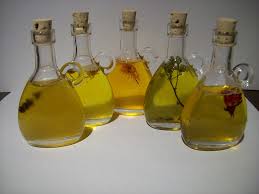 – Caffeine-based shampoos that contain taurine and special micronutrients including biotin, zinc, magnesium and calcium can also help stimulate the hair to grow.
– Caffeine-based shampoos that contain taurine and special micronutrients including biotin, zinc, magnesium and calcium can also help stimulate the hair to grow.- – Instead of applying a medication (such as Rogaine) that may cause side effects, massage essential oils of rosemary, peppermint, thyme, and lavender in a mixture of jojoba or grapeseed oil into your scalp daily.
- – Aloe vera gel stimulates hair follicles. Use only a small amount and massage into scalp until it starts to tingle. Rinse and shampoo as usual.
- – Burdock oil, rich in Vitamin A and EFAs, has also been marketed for promoting natural hair growth by helping to restore the function of your hair follicles and sebaceous glands. Important: It may cause an allergic reaction in individuals who are sensitive to certain flowers and herbs such as ragweed, daisies, marigolds and others. It’s not recommended for pregnant and breastfeeding women, along with people who are sensitive to ragweed and related plants. Burdock oil might also increase the risk of bleeding during and after surgery, influence blood sugar, cause an electrolyte imbalance or skin reactions.
- 8. Include Hair-Friendly Foods in Your Diet to Help Reduce Hair Loss in Women
There is a link between what you eat (or don’t eat) and the health of your hair.

- – Make sure you have enough protein in your diet. Protein can be found in meats, eggs, fish, yogurt and beans.
- – Foods high in vitamin A can help maintain the health of your scalp, which is essential to healthy hair growth. Vitamin A helps make the sebum that conditions your scalp. Great food choices to increase Vitamin A include pumpkin, sweet potato and kale.
- – Getting enough vitamin C in your diet is essential on its own because it’s a powerful antioxidant. It also helps your body absorb the iron it needs. Vitamin C foods include guava, red pepper, kiwi, papaya, broccoli, oranges, mangoes, cauliflower and tomatoes.
- – Improve your iron levels by including lentils, kale, spinach, organic non-GMO whole-grain cereals and dark green leafy vegetables in your diet. Use a cast iron pan for cooking.
- – High-zinc foods include grass-fed beef, pumpkin seeds and chickpeas, nuts, and sweet potatoes.
- – Foods that are rich in biotin include nutritional yeast and egg yolks.
- – Omega-3 fatty acids, which are excellent for hair health, can be found in wild-caught, cold-water fish like salmon. Many practitioners recommend taking supplements of gamma linolenic acid (GLA), found in black current oil and evening primrose oil, to help address hair loss and encourage regrowth.
- – To reduce hair loss after your pregnancy, supplement your diet with fruits and vegetables rich in Vitamins B, C and E, and zinc to promote hair growth.
- – Increase Vitamin D by getting early morning sun. Wait until after 10:00 am to apply a natural sunscreen. Sunscreens block absorption of the important Vitamin D into the skin.
- – Consult your holistic health care provider to determine whether you may have a vitamin deficiency and take supplements if your practitioner recommends them.
- 9. It May Not Be Actual Hair Loss in Women, But Rather Thinning, Breakage and Follicle Stress
Treat your hair gently and don’t abuse it if you want to keep it and keep it healthy.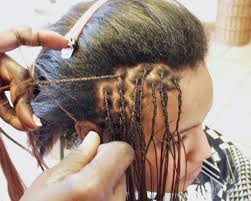
- – Avoid rough combing and brushing hair when it’s wet and weak.
- – Wear hair loose and skip styles that pull, such as tight ponytails, buns, braids, extensions and updos. These styles pull hair out by the root or cause the hair strands to break.
- – Never vigorously towel dry, which leads to breakage.
- – Take a break from daily high heat blowouts, flat-ironing and over-styling
- – Reduce other treatments like bleach, dye, relaxers, and perms that can weaken your hair
- 10. Finally, The Lifestyle Changes You Resist Can Be the Game Changer for Hair Loss in Women
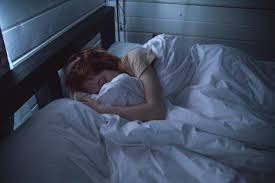 Fatigue puts a stress on all your systems and remember they take priority over hair growth, an unnecessary function for survival. If you’re tired during the day, a short nap could be a hair-saver. At night, sleep in a darkened, cool room without EMFs from WIFI, cell phones, laptops and LED devices. Try to get at least 7-8 hours of uninterrupted sleep.
Fatigue puts a stress on all your systems and remember they take priority over hair growth, an unnecessary function for survival. If you’re tired during the day, a short nap could be a hair-saver. At night, sleep in a darkened, cool room without EMFs from WIFI, cell phones, laptops and LED devices. Try to get at least 7-8 hours of uninterrupted sleep.
As for my own hair loss, I sought the advice of my functional medicine physician. It turned out to be a result of low thyroid and heavy metal poisoning (which may have been the cause of the hypothyroid). With supplements, proper nutrition, supervised detoxification and lifestyle enhancements, shedding has significantly reduced. And although my hair has always been fine, there is a lot of it.
Read more about health impacts.
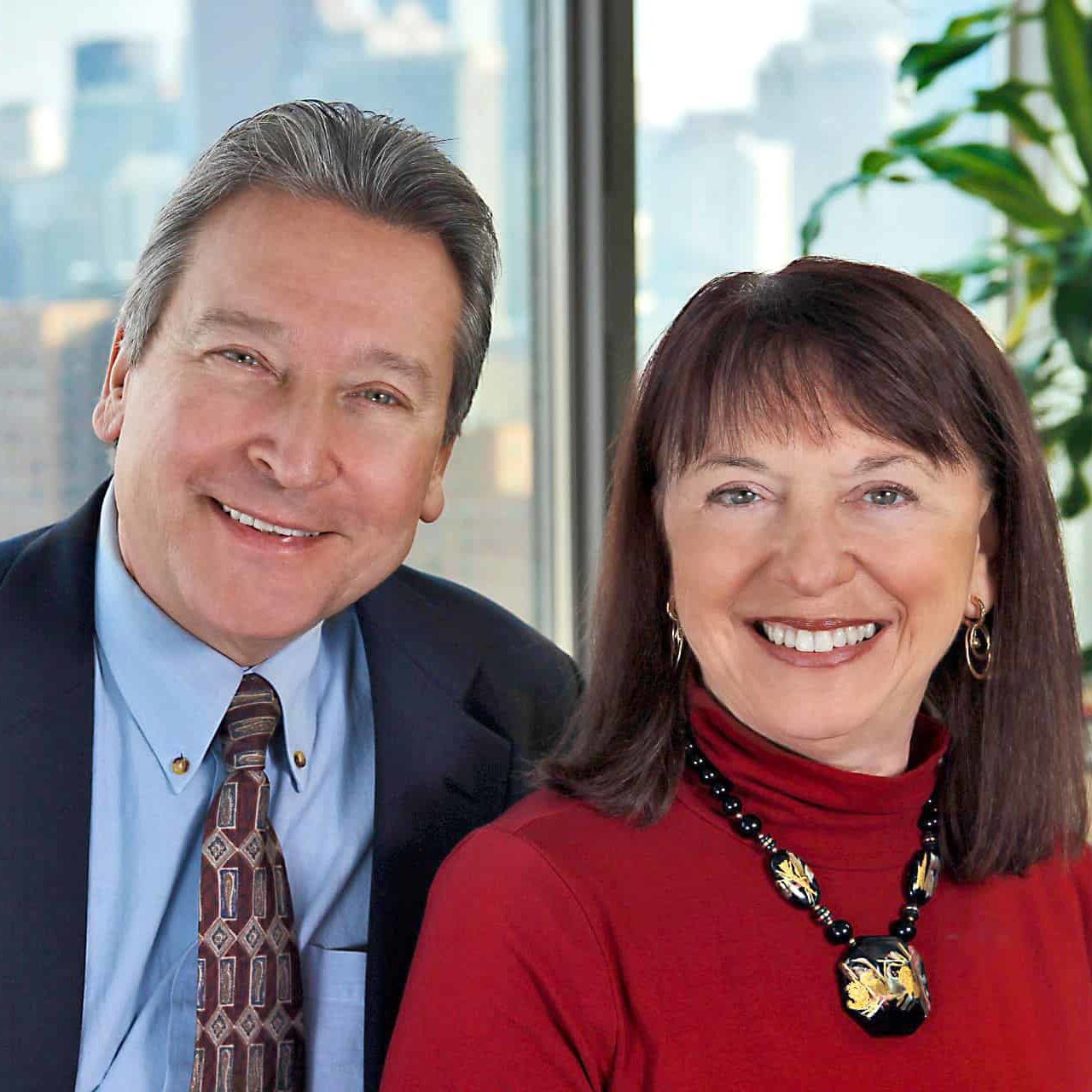
About Us
As holistic dentists, we've recommended products and services that supported our patients’ health for decades. In experiencing our own health challenges from mercury toxicity, we worked closely with many natural, alternative, and integrative health practitioners who aided our recovery as well as our patients’. We built this site to provide you with a simple-to-use, comprehensive, informational, and functional resource for your physical, emotional, and spiritual health & well-being.







